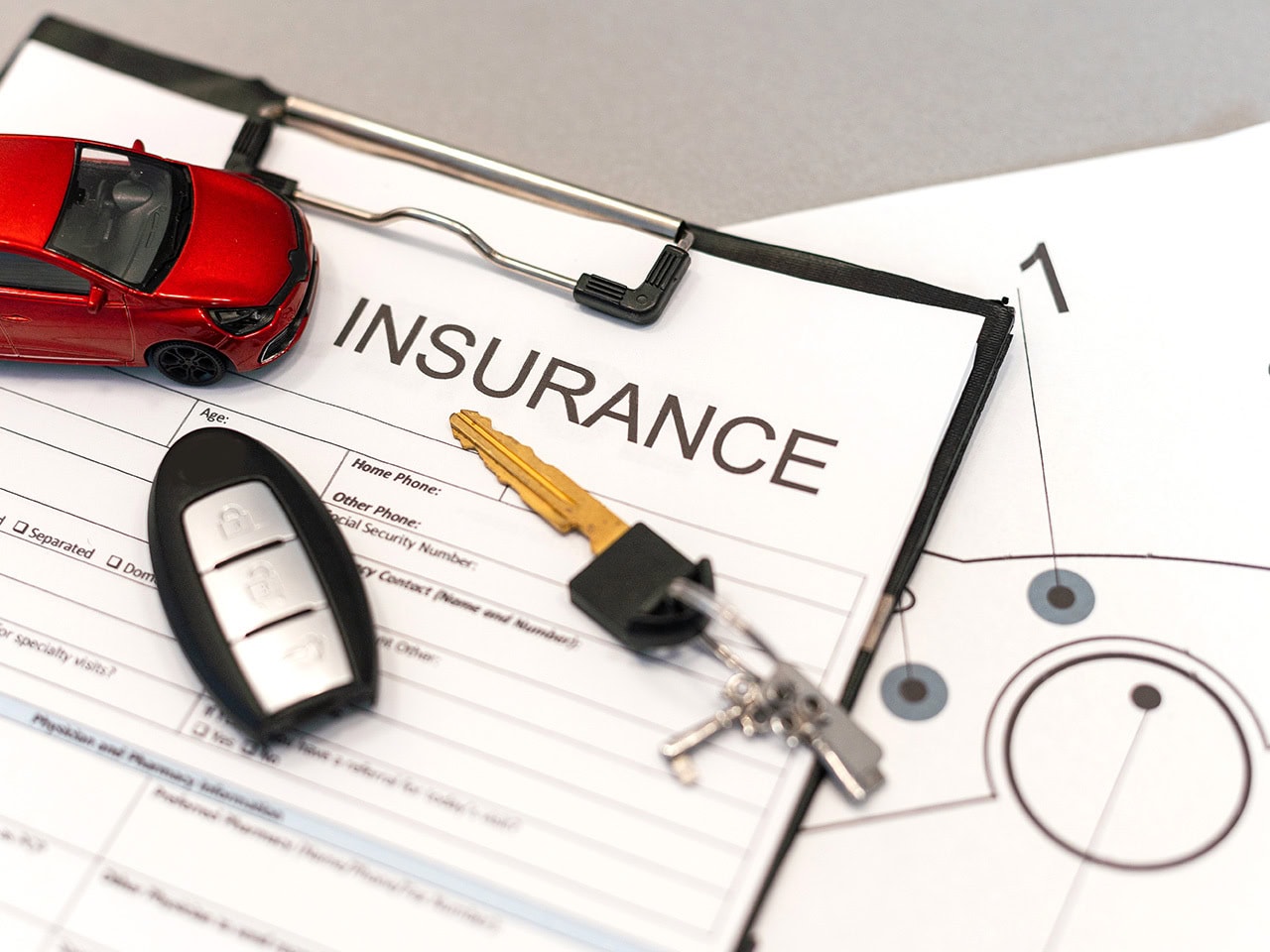Liability insurance is the portion of your car insurance policy that covers the cost of injuries and damages that you, or someone driving your car with permission, cause to other people or their property.

If you own a car in North Carolina, one of the most important protections you have on the road is automotive liability insurance. It’s not just a legal requirement, but a financial safeguard for both you and others in the event of an accident. But what exactly does liability insurance cover, and how do policy limits work? Let’s break down the key parts of liability insurance so you can drive with confidence.
Liability insurance is the portion of your car insurance policy that covers the cost of injuries and damages that you, or someone driving your car with permission, cause to other people or their property. This coverage applies whether you’re driving your own vehicle or using someone else’s, as long as you’re a covered individual under the policy. Liability coverage does not pay for your own injuries or damage to your vehicle. Instead, it protects you from financial responsibility if you’re found legally at fault for an accident.
Liability insurance in North Carolina is typically divided into three key areas:
1. Bodily Injury Liability. This part of your policy pays for injuries to other people caused by an accident where you or another covered driver is at fault. Covered expenses can include:
2. Property Damage Liability. Property Damage Liability pays for damage to someone else’s property resulting from an accident caused by you or another covered driver. This usually includes:
3. Supplementary Payments. This lesser-known but valuable part of your liability coverage covers additional accident-related expenses, often beyond your policy’s listed limits. These can include:
As of the recent update to North Carolina law, drivers are now required to carry higher minimum levels of liability coverage to reflect today’s real-world costs of accidents and medical care. The new minimums are:
These increased limits are a response to the rising costs of healthcare, vehicle repair, and legal claims. The goal is to ensure that accident victims receive more adequate compensation, while protecting drivers from out-of-pocket costs that could quickly exceed outdated coverage limits.
It’s important to note that these are just the minimum legal requirements. Depending on your financial situation and risk tolerance, you may want to purchase higher liability limits to provide even more protection.
Many North Carolina drivers choose coverage above the minimums. For example, a common choice is 100/300/50:
In this case, if multiple people are injured in an accident you cause, your policy would cover up to $100,000 for each person, but no more than $300,000 total for the entire accident. Property damage coverage would cap at $50,000.
If damages exceed these limits, you may be personally responsible for the difference. That’s why many insurance professionals recommend opting for higher coverage if it fits your budget.
With the recent updates to North Carolina’s minimum liability requirements, now is a good time to review your policy and make sure your coverage keeps pace with today’s risks and costs. After an accident, it’s important to remember that insurance companies are not looking out for your best interests. To help ensure you receive the full compensation you could be entitled to by law, speak with a car accident lawyer at Daggett Shuler for free. You pay nothing unless we win your auto accident case.
Contact us today by submitting a form online or calling our office at 336-724-1234 for a free legal consultation.


Our attorneys have helped clients with legal support through workers’ compensation, Social Security Disability, personal injury, car accident claims, and more. Our clients know that we stand beside them when they are going through a difficult time. Read reviews from real clients, and if you had a positive experience with Daggett Shuler Law, please consider leaving a review.
Contact the attorneys at Daggett Shuler today for a free, no-obligation consultation. You can depend on us.